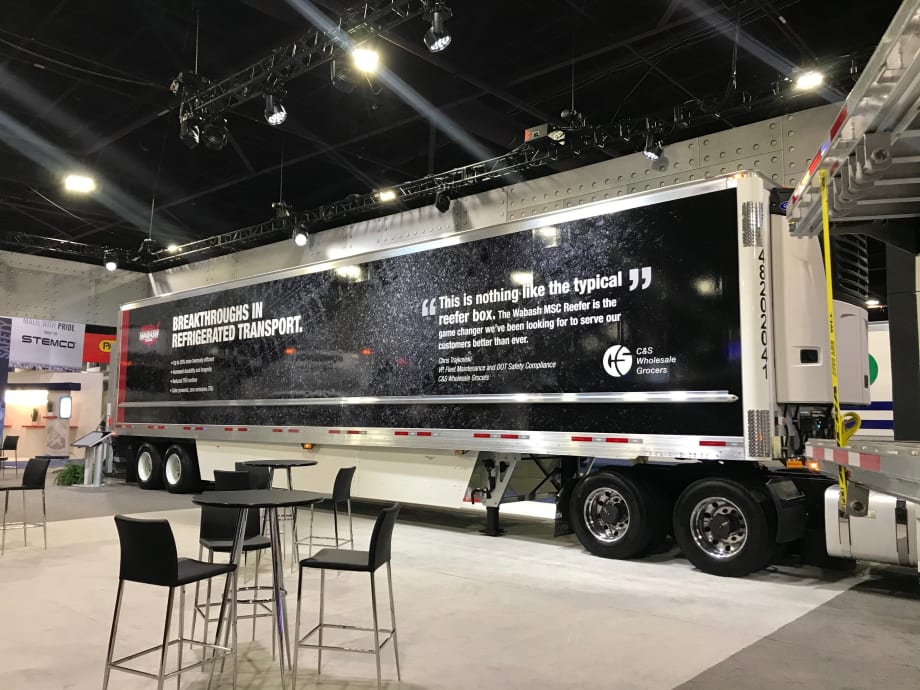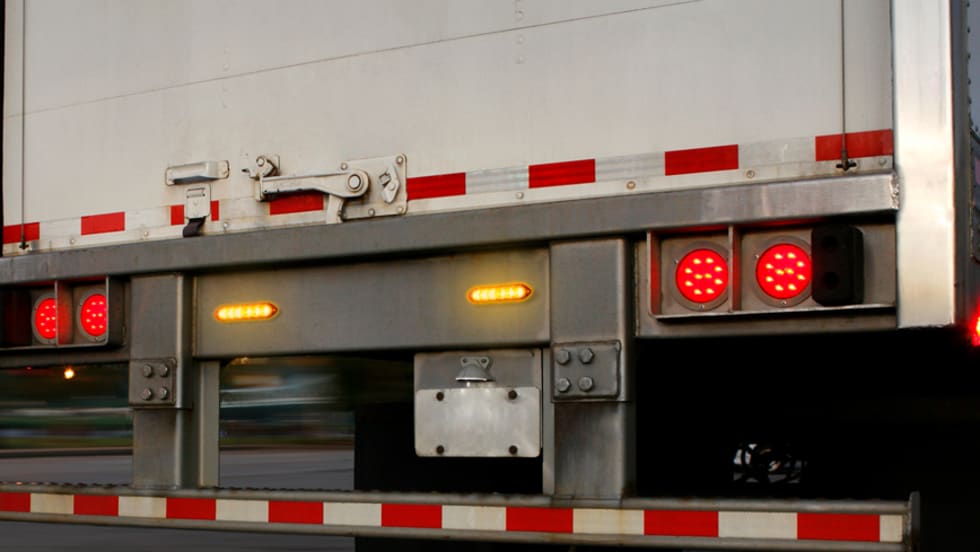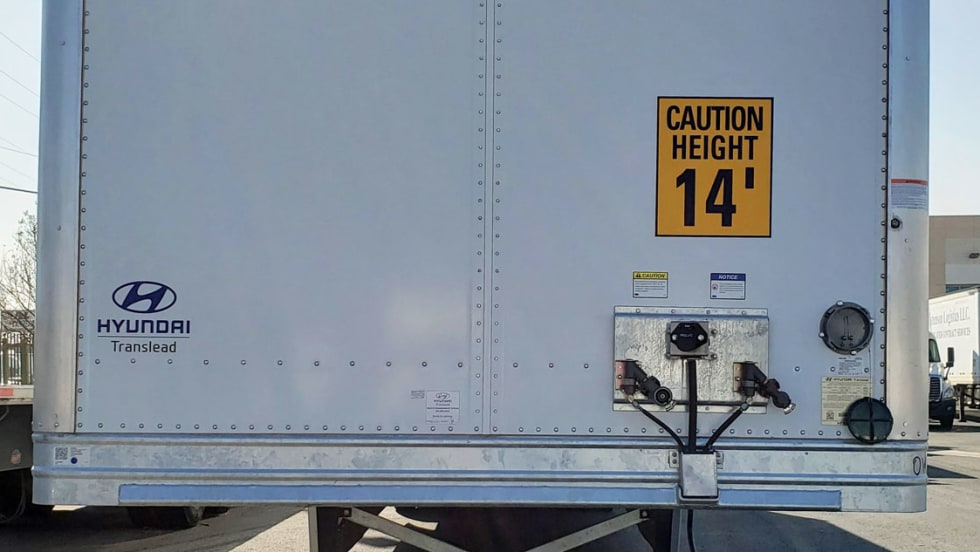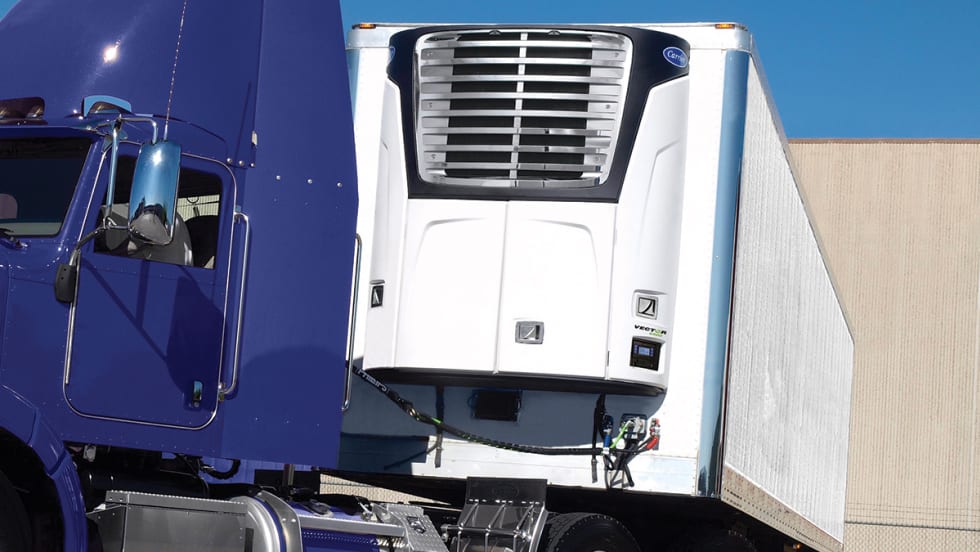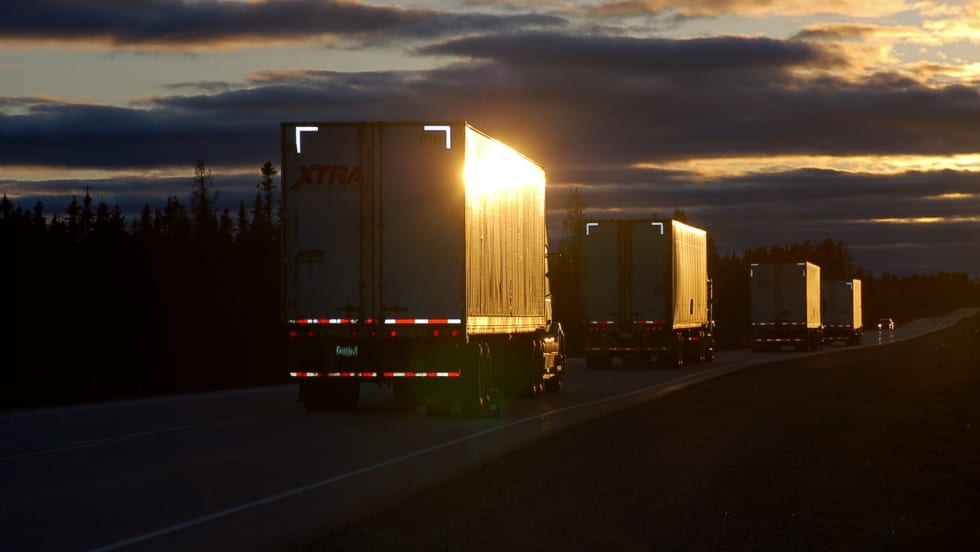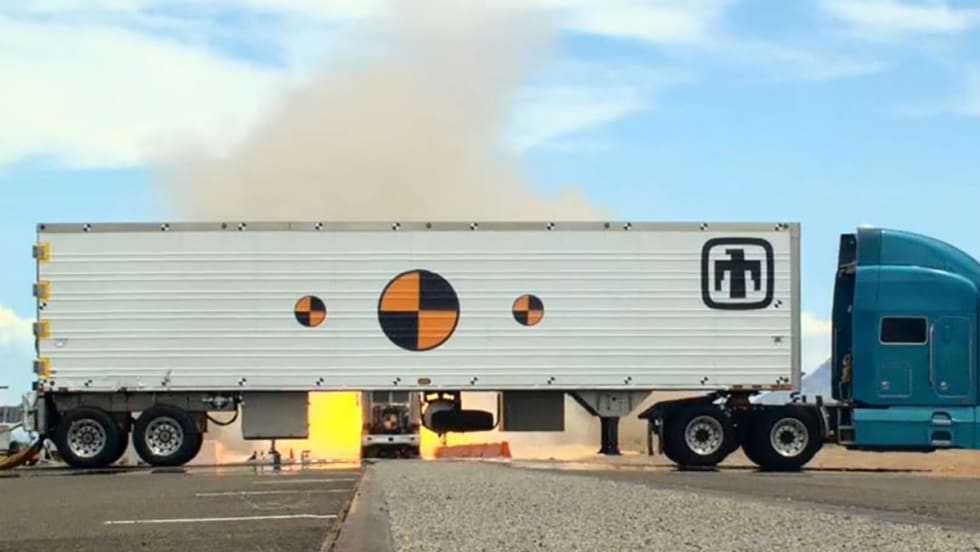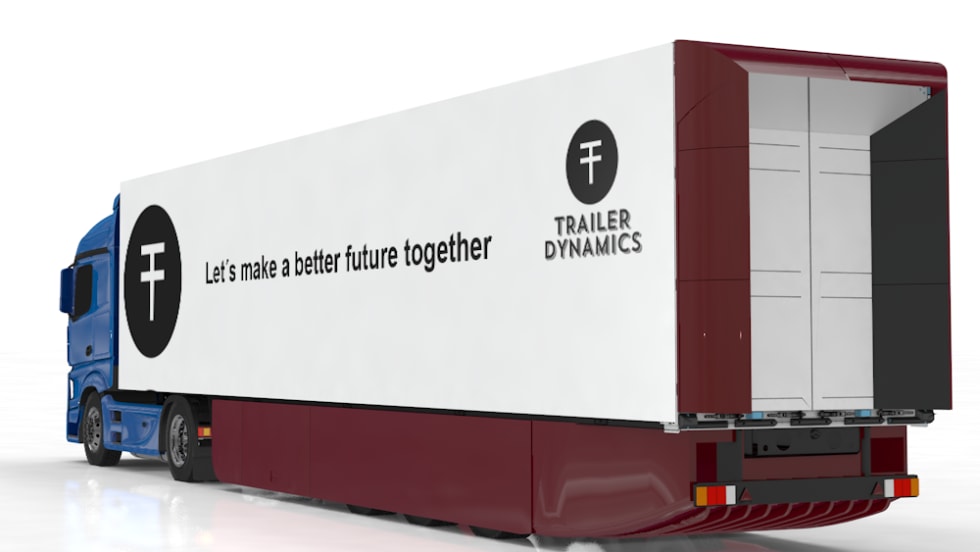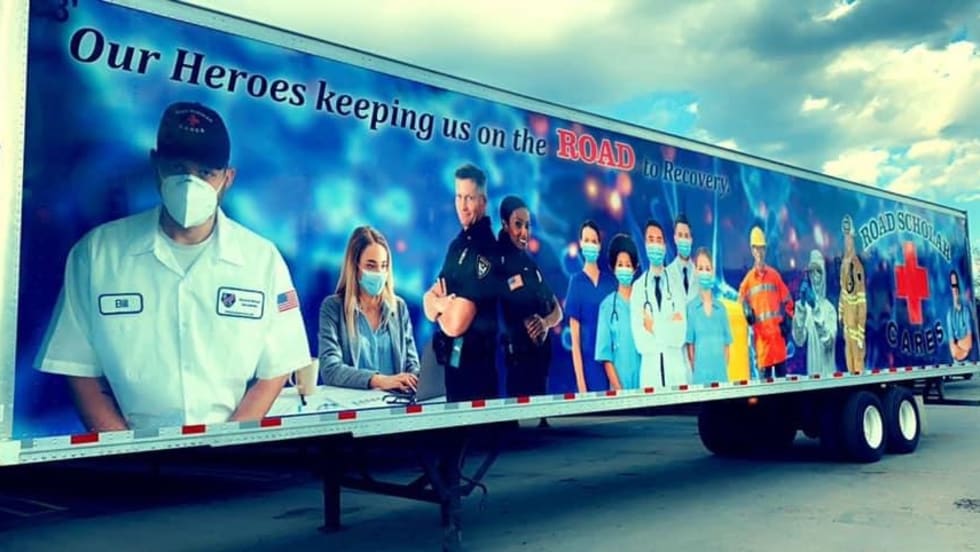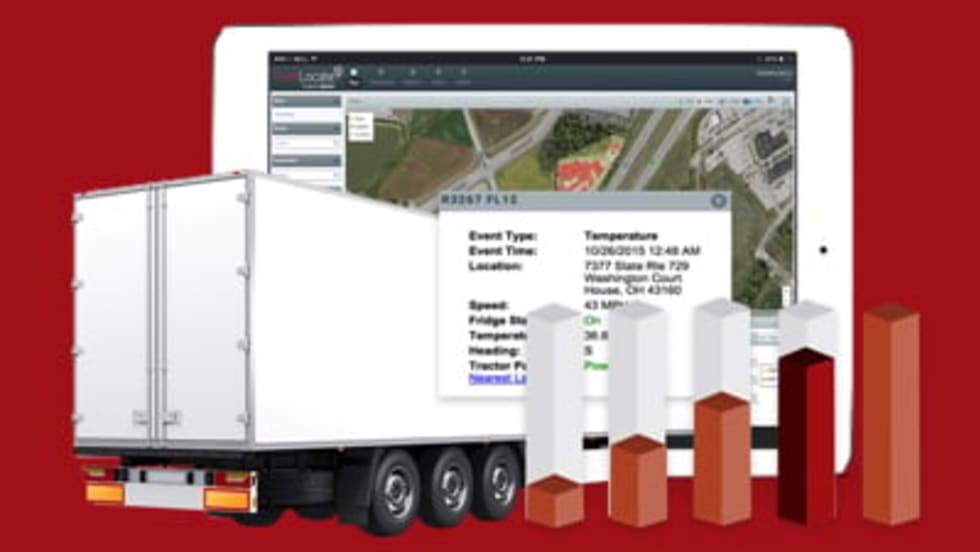It’s the nature of trailers to lag behind. And this includes on the technology front. But lately, as electrification in trucking is becomng more visible, trailer builders and their suppliers are starting to give the trusty old reefer a second, greener lease on life.
The latest example is a new refrigerated trailer developed by Washbash National, which debuted at February's annual meeting of Technology & Maintenance Council in Atlanta.
The trailer is called the MSC reefer and Wabash said it sets new standards in food-hauling efficiency with optimized thermal performance, maximized payload capacity, corrosion resistance and the industry’s highest standard floor rating.
Wabash engineers designed and constructed the new trailer using advanced molded structural composite technology (hence its name, obviously,) and said the result is a reefer that is up to 30%\ more thermally efficient than a conventional one, reducing operating costs by running fewer hours, using less fuel, and lasting longer.
“We’ve seen a lot of prototype and concept electric vehicles and trailers over the years, but no one has yet to demonstrate real viability of a roadworthy zero-emissions tractor-trailer for refrigerated hauls due to the location and size of batteries,” said Robert Lane, Wabash National’s vice president, product innovations.
“This is the first time a major box innovation has been coupled with a major trailer refrigeration unit innovation that results in breakthrough customer value in a sustainable format," he continued. "MSC provides a unique platform for electric powered TRUs. The large gain in thermal efficiencies allow a customer to either downsize the batteries required to haul cargo or increase the run time on a battery setup.”
The trailer isn’t just a pretty set piece, either. Wabash has teamed up with C&S Wholesale Grocers, based in Keene, New Hampshire, to put the new trailer through its paces in real-world hauling operations to gain a better feel for how the technology performs and what benefits it can deliver for fleets and for society as whole.
“We’re putting units into our fleet that depend heavily on solar and battery power for the truck and TRU,” explained Chris Trajkovski, vice president, fleet maintenance and DOT safety compliance at C&S Wholesale Grocers. “We think the additional protection that comes from the Wabash MSC insulation package will be a nice match for the TRU technology so the reefer is not running, to help us make the delivery efficiently. We expect the TRU to work less with Wabash National’s composite design.”
“When we look at the tractor-trailer combination, the ‘box’ had not evolved prior to the MSC reefer,” Trajkovski added. “End consumers are influencing commercial transportation, and the next step for our progress in the industry means turning to advanced materials. We chose to work with Wabash National because they don’t settle. They are challenging us at C&S Grocers to do something different.”
Although the Wabash National MSC unit that was displayed at TMC was the first for C&S Grocers, Trajkovski expects the added cube space, higher UA rating, and ability to maintain consistent temperature for a longer period of time will be a winning combination for the company when coupled with its focus on electric vehicles and TRUs.
The new Wabash MSC is a good example of how suppliers can leverage new technologies and composite materials in innovative – and not necessarily complex ways – to create more energy-efficient ways of hauling goods. It’s likely that as pressure from both the government and the private sector on the trucking industry to be cleaner and greener mounts, we’ll see more innovations like the Wabash MCS coming down the road.




